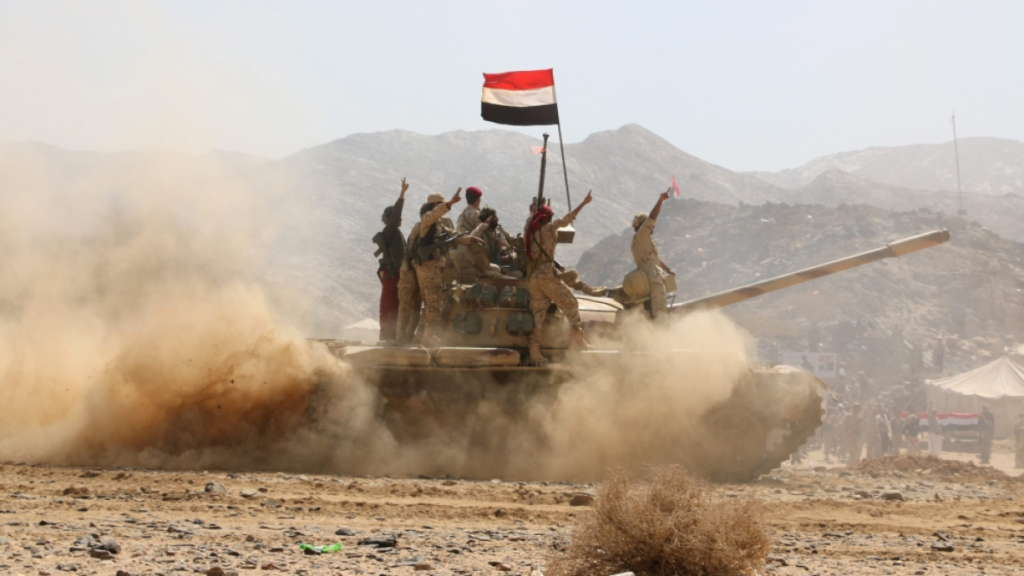Houthis attacks on ships in the Red Sea
The “Houthis” are a group of rebels based in Yemen and supported by Iran. They have been attacking dozens of commercial vessels in the Persian Gulf and Red Sea since mid-November of 2023[1].
This has caused a wave of shipping companies to leave the region, threatening to disrupt supply chains and raise consumer prices at a time when global inflation is expected to slow. In response to the attacks, the United States and Britain have launched strikes against the group’s targets in Yemen. President Biden said that the United States and its allies acted after several attempts at diplomacy and “a lot of thoughtful consideration[3][4][5].
Who are the Houthis?
With support from Iran, the Houthis are a rebel group located in Yemen that first appeared in the 1990s as an opposition movement against President Ali Abdullah Saleh, whom they charged with being a corrupt figurehead with support from Saudi Arabia and the United States[6].
With their named leadership primarily derived from the Houthi tribe, the group is primarily composed of Zaidi Shias. Houthis and the internationally recognized Yemeni government, which is supported by a military coalition led by Saudi Arabia, have been at odds for a long time [7].
Conflict in Yemen

The internationally recognized government of Yemen, supported by a military coalition led by Saudi Arabia, is engaged in a complex and ongoing civil war with the Houthi rebels, who are backed by Iran[5][6]. When Houthi rebels took over Sana’a, Yemen’s capital and largest city, in 2014, President Abd Rabbu Mansour Hadi and his administration resigned[5].
This marked the start of the conflict. Since then, the battle has intensified into a regional proxy war centered on the wider Sunni-Shia division, with Saudi Arabia enforcing a naval blockade to stop Iran from providing supplies to the Houthis.
In addition to causing a serious humanitarian crisis with widespread famine, sickness, and attacks on civilians, the war has claimed thousands of Yemeni lives. Yemen’s crisis is very severe, with over 4.5 million people living in displacement.and 21.6 million people in need of aid, including 11 million children.
Why Houthis attacking ships In Red Sea?
Since mid-November 2023, the Houthis have started assaulting commercial ships in the Red Sea. The gang has declared that it will not stop attacking boats that have interests in Israel until Israel ceases its war in Gaza[7][8].
But in reality, the Houthis have attacked ships in a random manner. As global inflation starts to decline, the attacks have prompted a flight of shipping businesses from the area, endangering supply chains and driving up prices for consumers[9]
In reaction to the Houthi group’s continuous attacks on ships passing through the Red Sea, the United States and the United Kingdom have launched strikes against Houthi targets in Yemen.
Watch :-Houthis attck on ships in red sea
US and UK Strike Houithis Target In Yemen
In response to the Houthi group’s continuous attacks on vessels passing through the Red Sea, the United States and the United Kingdom launched strikes against Houthi targets in Yemen[10][11]. The Houthi military installations, supply centers, logistical hubs, and air defense systems were all targeted by the strikes.
The strikes were carried out by the U.S. and U.K. military using missiles from fighter planes and Tomahawk missiles fired by warships. Following attempts at diplomatic negotiations and considerable consideration, the strikes were carried out[12].
- US and UK Retaliation:
- In January 2023, the US and UK launched joint airstrikes on radar and missile infrastructure used by the Houthis to launch Red Sea attacks.
- This was a rare instance of direct military action against the Houthis by countries not actively involved in the Yemen war.
- The US and UK justified the strikes as necessary to protect freedom of navigation and deter future attacks.
- The Bigger Picture:
- The Red Sea attacks and retaliation highlight the complex web of alliances and tensions in the region.
- They raise concerns about the potential for wider escalation, especially considering the involvement of global powers like the US and UK.
- The humanitarian crisis in Yemen, already one of the world’s worst, is further exacerbated by the ongoing conflict and lack of access to essential supplies.
It’s important to note that the situation in Yemen is constantly evolving and different perspectives on the conflict exist. This response summarizes some key points but encourages further research for a more comprehensive understanding.